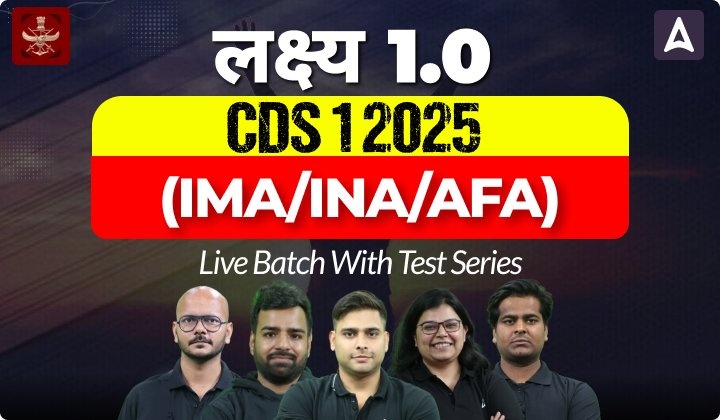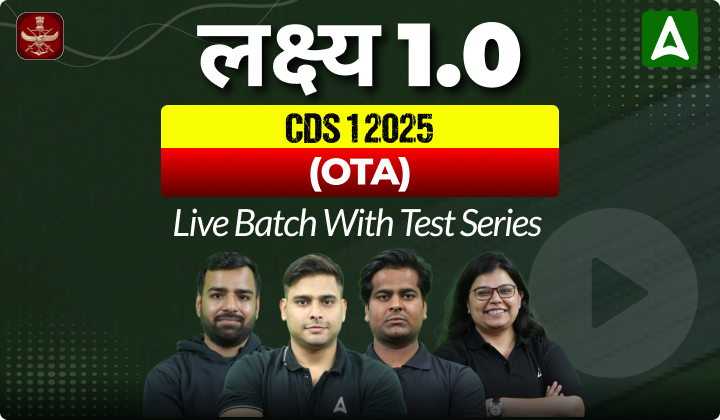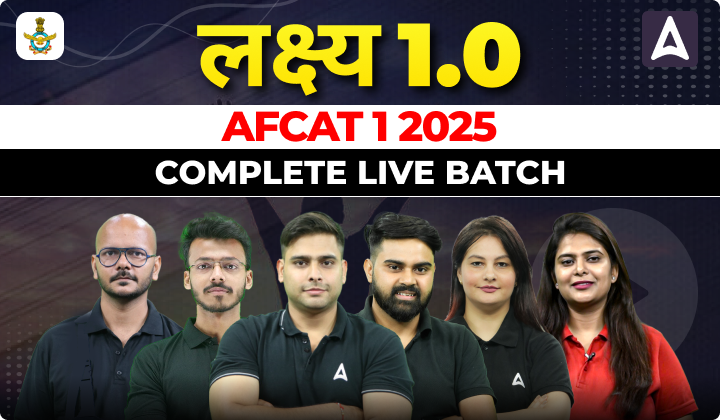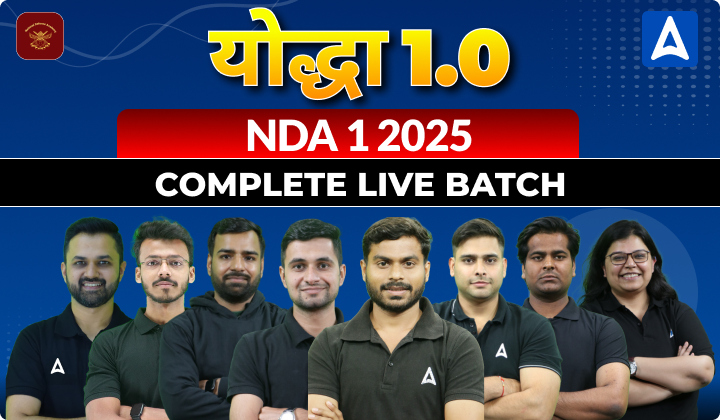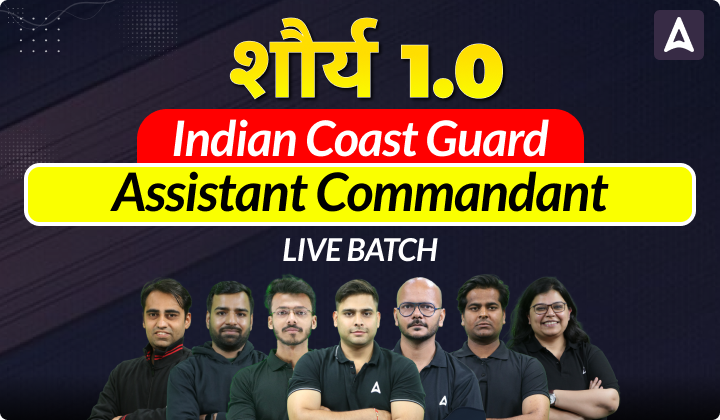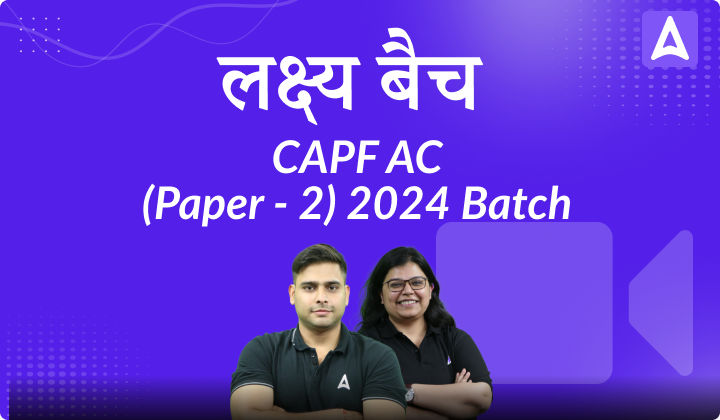Intelligence Agencies in India
An Intelligence Agency is a government agency responsible for the collection, analysis, and exploitation of information in support of law enforcement, national security, military, public safety and foreign policy objectives.
They conduct both kinds of operations, overt and covert which involves espionage, communication interception, cryptanalysis, cooperation with other institutions, and evaluation of public sources. The assembly and propagation of this information is known as intelligence analysis or intelligence assessment.
Other than the Armed forces, intelligence agencies also play a crucial role in ensuring the safety and security of the nation by deterring internal as well as external threats to the country.
List of Intelligence Agencies in India
In this article, we will provide you with a list of Intelligence Agencies in India with their basic information. Check this out –
| Name of the Organisation | Year of establishment | Incumbent Chief | Headquarters and under the aegis of | Primary function |
| National Investigation Agency (NIA) | 2009 | IPS Kuldeep Singh |
|
countering terrorism |
| Wildlife Crime Control Bureau (WCCB) | 2006 | Tilotama Varma |
|
Deals with organised wildlife crime in India |
| National Technical Research Organisation (NTRO | 2004 | Anil Dhasmana |
|
Responsible for geospatial intelligence and satellite imagery and provides technical intelligence to other agencies |
| Serious Fraud Investigation Office (SFIO) | 2003 | Keshav Chandra |
|
Conducts multi-disciplinary investigations of major corporate frauds. |
| Defence Intelligence Agency (DIA) | 2002 | Lt. Gen. KJS Dhillon |
|
Provides and coordinates defence and military intelligence to the Indian Armed Forces. |
| National Crime Record Bureau (NCRB) | 1986 | IPS Ramphal Pawar |
|
Functions as a repository of information on crime and criminals to help assist the investigators in linking crime to the perpetrators. |
| Narcotics Control Bureau (NCB) | 1986 | IPS Satya Narayan Pradhan |
|
Combats drug trafficking and the use of illegal substances as per the provisions of the NDPS Act. |
| Research and Analysis Wing (R&AW) | 1968 | Samant Goel |
|
It gathers information about counter-proliferation, foreign intelligence and counter-terrorism and advises Indian policymakers, and advances India’s foreign strategic interests. |
| Central Board of Indirect Taxes and Customs (CBIC) | 1944 | IRS Vivek Johri |
|
Responsible for administering Customs, GST, Central Excise, Service Tax & Narcotics in India. |
| Central Bureau of Investigation (CBI)
|
1942 | Subodh Kumar Jaiswal |
|
Investigate bribery and governmental corruption and also investigate breaches of central laws enforceable by GOI, multi-state organised crime, and multi-agency or international cases. |
| Intelligence Bureau (IB)
|
1887 | Arvind Kumar |
|
It is a domestic internal security and counter-intelligence agency of India. |
| Computer Emergency Response Team (CERT) | 2004 | Sanjay Bahl |
|
Deals with cyber security threats like hacking and phishing. It strengthens the security-related defence of the Indian Internet domain. |
The intelligence agencies in India work tirelessly behind the scenes to gather and analyze information critical to the nation’s security. From external threats to internal challenges, these agencies contribute significantly to counterterrorism efforts, defense planning, and maintaining law and order. Their dedication and expertise ensure that India stays prepared and informed in an ever-evolving security landscape. By collaborating and sharing intelligence with international partners, these agencies contribute to regional and global security as well.

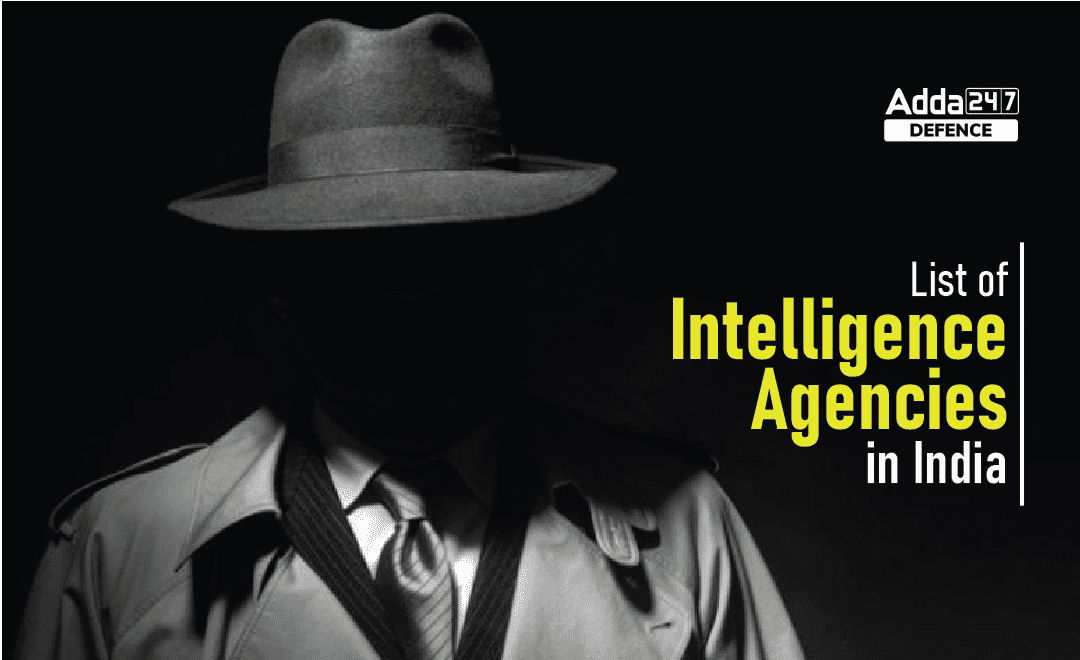


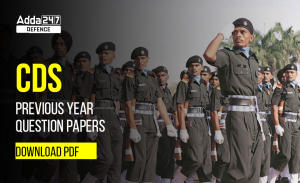 CDS Previous Year Question Papers, Downl...
CDS Previous Year Question Papers, Downl...
 AOC Result 2025 Out, Download Link Activ...
AOC Result 2025 Out, Download Link Activ...
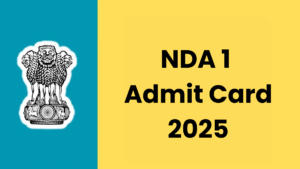 NDA 1 Admit Card 2025 Out, Download NDA ...
NDA 1 Admit Card 2025 Out, Download NDA ...

